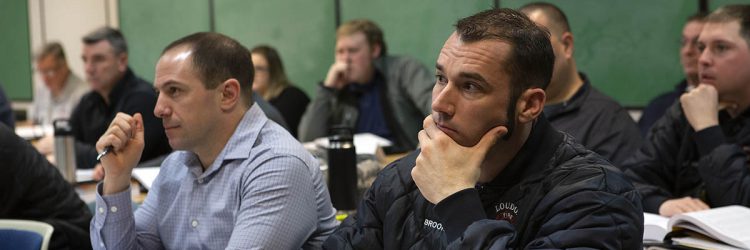NAEMT's Prehospital Trauma Life Support (PHTLS) is recognized around the world as the leading continuing education program for prehospital emergency trauma care. The mission of PHTLS is to promote excellence in trauma patient management by all providers involved in the delivery of prehospital care. PHTLS is developed by NAEMT in cooperation with the American College of Surgeons' Committee on Trauma. The Committee provides the medical direction and content oversight for the PHTLS program. PHTLS courses improve the quality of trauma care and decrease mortality. The program is based on a philosophy stressing the treatment of the multi-system trauma patient as a unique entity with specific needs. PHTLS promotes critical thinking as the foundation for providing quality care. It is based on the belief that, given a good fund of knowledge and key principles, EMS practitioners are capable of making reasoned decisions regarding patient care. The course utilizes the internationally recognized PHTLS textbook and covers the following topics: Physiology of life and death Scene assessment Patient assessment Hemorrhage control Airway Breathing, ventilation, and oxygenation Circulation and shock Special populations The course emphasizes application of trauma education through case studies, skills practice, and patient simulations. PHTLS is the global gold standard in prehospital trauma education and is taught in over 80 countries. PHTLS is appropriate for EMTs, paramedics, nurses, physician assistants, physicians, and other prehospital practitioners. PHTLS is accredited by CAPCE and recognized by NREMT.



